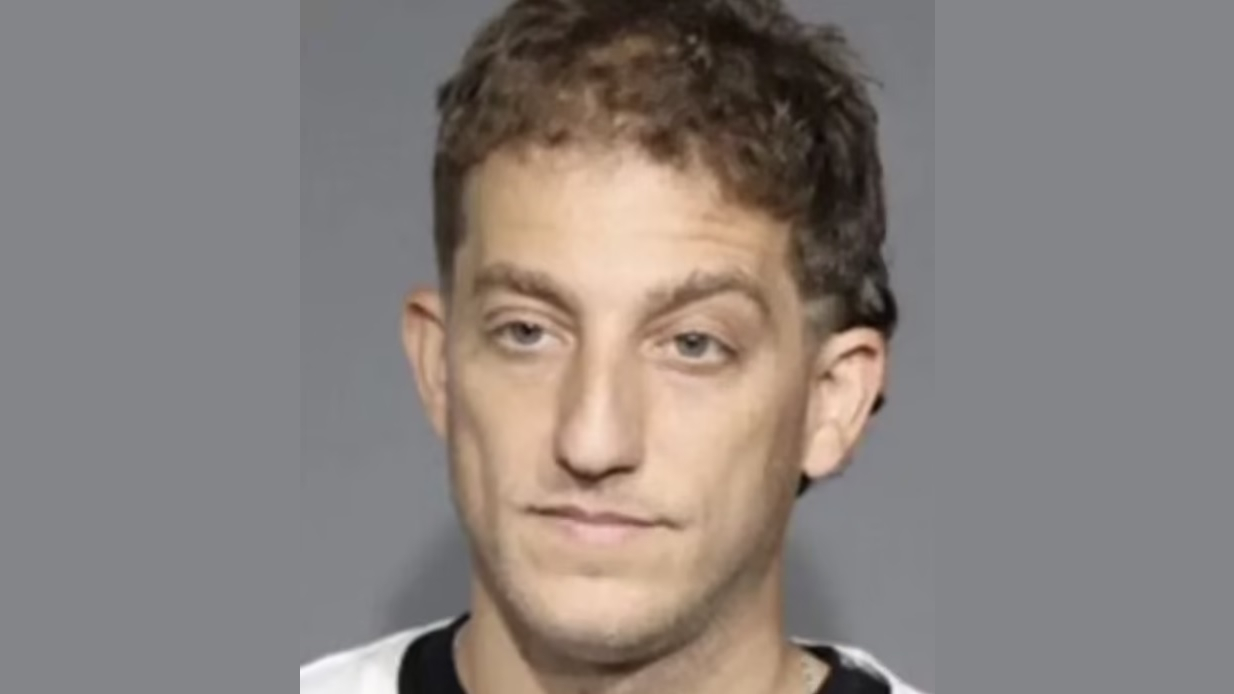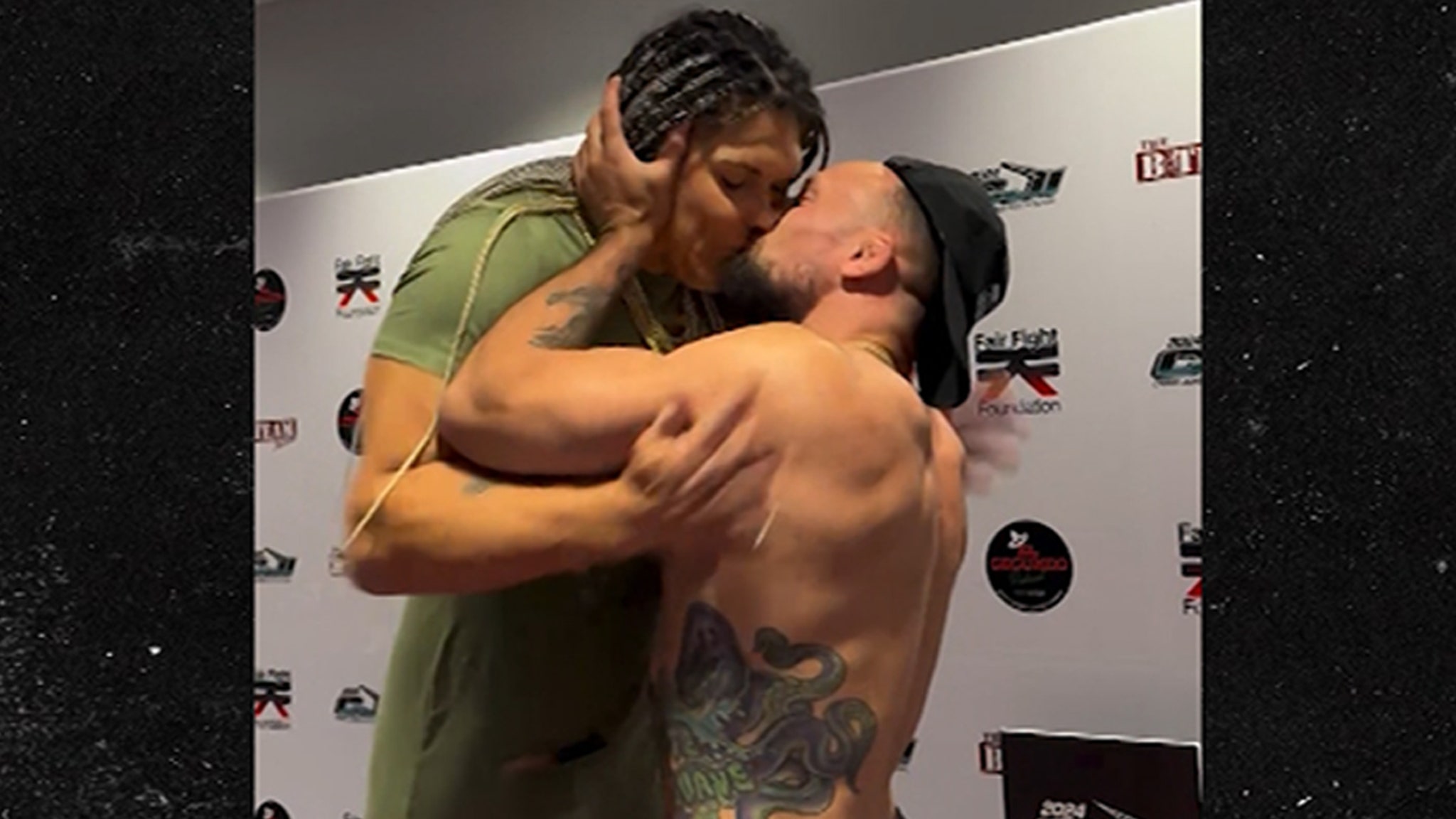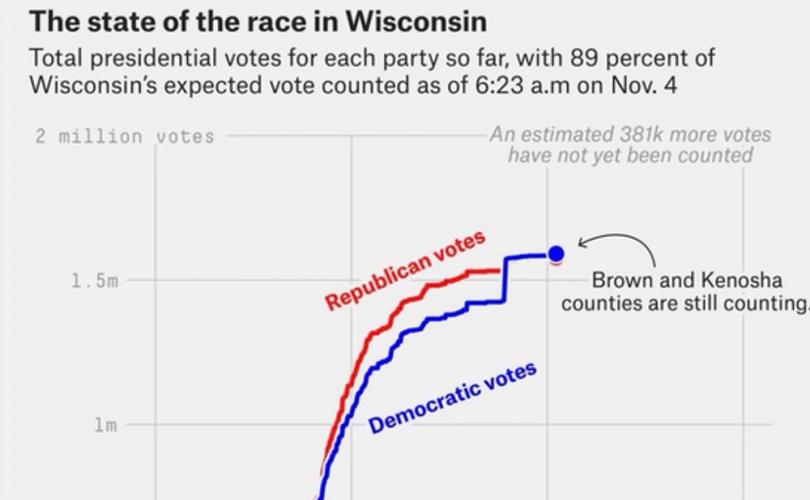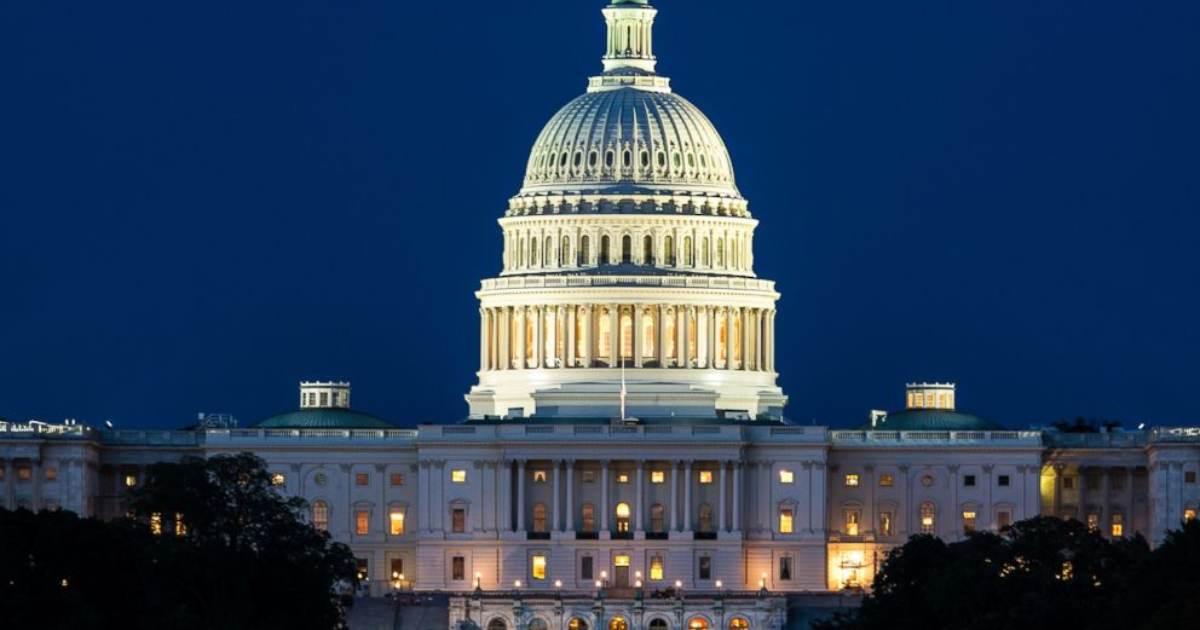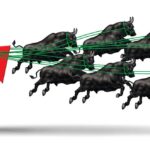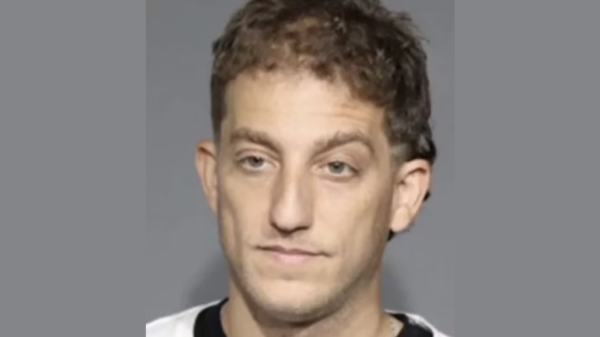
When NYPD began arresting protestors at Columbia University during anti-Israel protests, it confirmed what anyone with eyes knows.
Anti-Israel protests on college campuses and across the country are infiltrated and populated by outside forces and supported by professional agitators.
One such alleged agitator, James Carlson, was arrested inside Columbia University’s Hamilton Hall after a group stormed the building, smashed windows, and fortified their position by barricading doors and covering windows, effectively taking control of the academic building.
A Columbia facilities worker recounted the harrowing experience of being held against his will by the protesters and told the Columbia Spectator, “They held me hostage.”
A Columbia University janitor slammed Carlson against the wall during his siege on the building.
When Carlson was arrested inside the building, he was already under investigation for grabbing an Israeli flag from a man near campus and setting it on fire in April.
The privileged son of a millionaire with a long history of violent protests, dating back as far as 2005 according to CNN, Carlson goes home each night to his lavish multi-million dollar Brooklyn brownstone property when he is done “fighting the man.”
Although Carlson was arrested on April 20 on a misdemeanor arson charge for burning the flag and again on April 30 for the takeover of Hamilton Hall for burglary, soft-on-crime DA Alvin Bragg reduced Carlson’s charges in June to criminal trespassing, a misdemeanor.
As such, Carlson, who is an attorney, now faces little risk of losing his license.
It looks like privilege pays off.
Under New York law, a felony conviction is automatic grounds for disbarment. Because Bragg’s office only pursued a misdemeanor charge against Carlson, the protester doesn’t face that risk. A misdemeanor trespassing conviction could prompt a disciplinary hearing but would not automatically trigger one.
*******
Bragg’s office also dropped trespassing charges against 30 other Columbia protesters arrested for storming Hamilton Hall, arguing that the defendants should not face criminal penalties due to a lack of evidence, a lack of criminal history, and impending internal discipline at Columbia.

